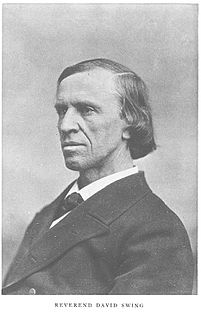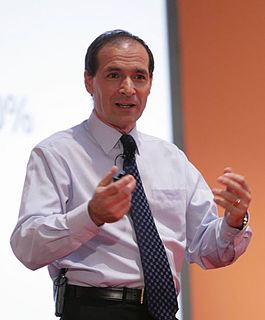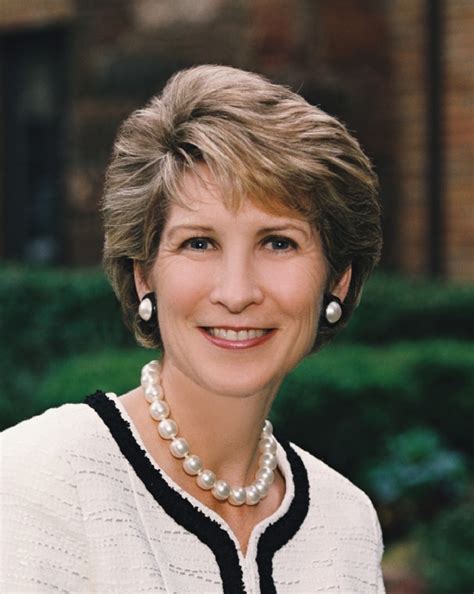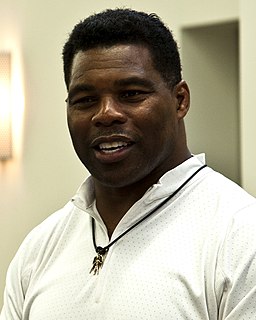Цитата Питера Крифта
Этика без добродетели — иллюзия. Какова высшая цель этики? Сделать человека хорошим, это добродетельно.
Темы цитат
Связанные цитаты
Сама суть политической философии заключается в создании этической системы — строго говоря, подмножества этики, имеющей дело с политической этикой. Этика — единственная рациональная дисциплина, требующая установления рационального набора оценочных суждений; политическая этика - это подмножество, применимое к делам государства.
Современный Гамалиил должен учить этике. Этика – это наука о человеческом долге. Арифметика подсказывает человеку, как считать свои деньги; этика, как он должен ее приобрести, будь то честность или мошенничество. География — это карта мира; этика — прекрасная карта долга. Эта этика — не христианство, это даже не религия; но это сестра религии, потому что путь долга находится в полной гармонии по качеству и направлению с путем Бога.
Что касается этики, к сожалению, мы все еще в море. У нас никогда не было популярной основы для того немногого, что мы знали об этике, за исключением религиозных теорий, и теперь, когда наша вера в эти теории пошатнулась, мы вообще не можем объяснить этику. Неудивительно, что мы ведем себя плохо, мы буквально не знаем законов этики, которая является самой простой из наук, самой необходимой, самой постоянно необходимой. Детские проступки нашей «бунтующей молодежи» не уступают поступкам пожилых людей, и ни молодые, ни старые, похоже, не понимают причин, почему поведение «хорошее» или «плохое».
Кантовское описание большинства этических обязанностей больше похоже на описание моральных добродетелей и пороков. Как только мы увидим это, мы увидим, что кантианская этика действительно является своего рода этикой добродетели и что она не «отделяет сердце от головы» (чтобы предвосхитить один из ваших более поздних вопросов), а вместо этого признает глубокую истину, что разум и эмоция не являются противоположностями.
Никакое оправдание добродетели не сделает человека добродетельным. Без помощи тренированных эмоций интеллект бессилен против животного организма. Я скорее предпочел бы сыграть в карты против человека, довольно скептически относящегося к этике, но воспитанного на том, что «джентльмен не жульничает», чем против безупречного морального философа, выросшего среди шулеров.




































